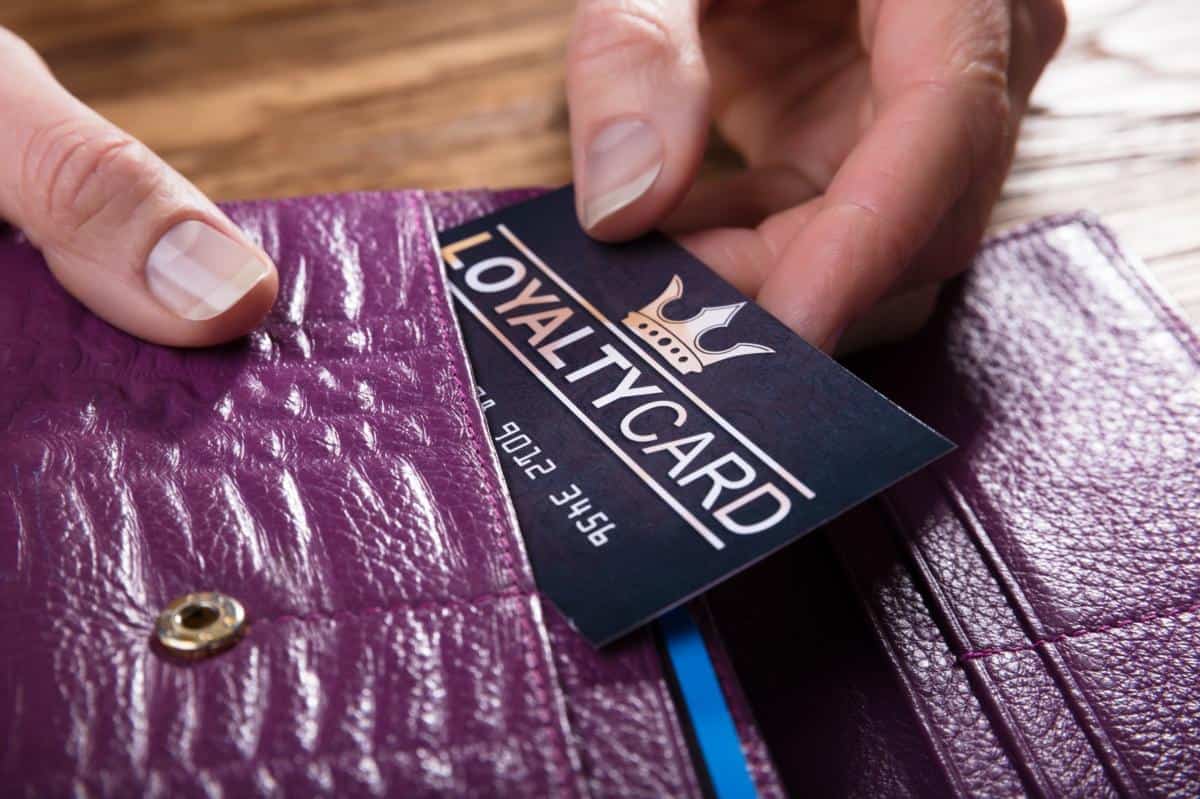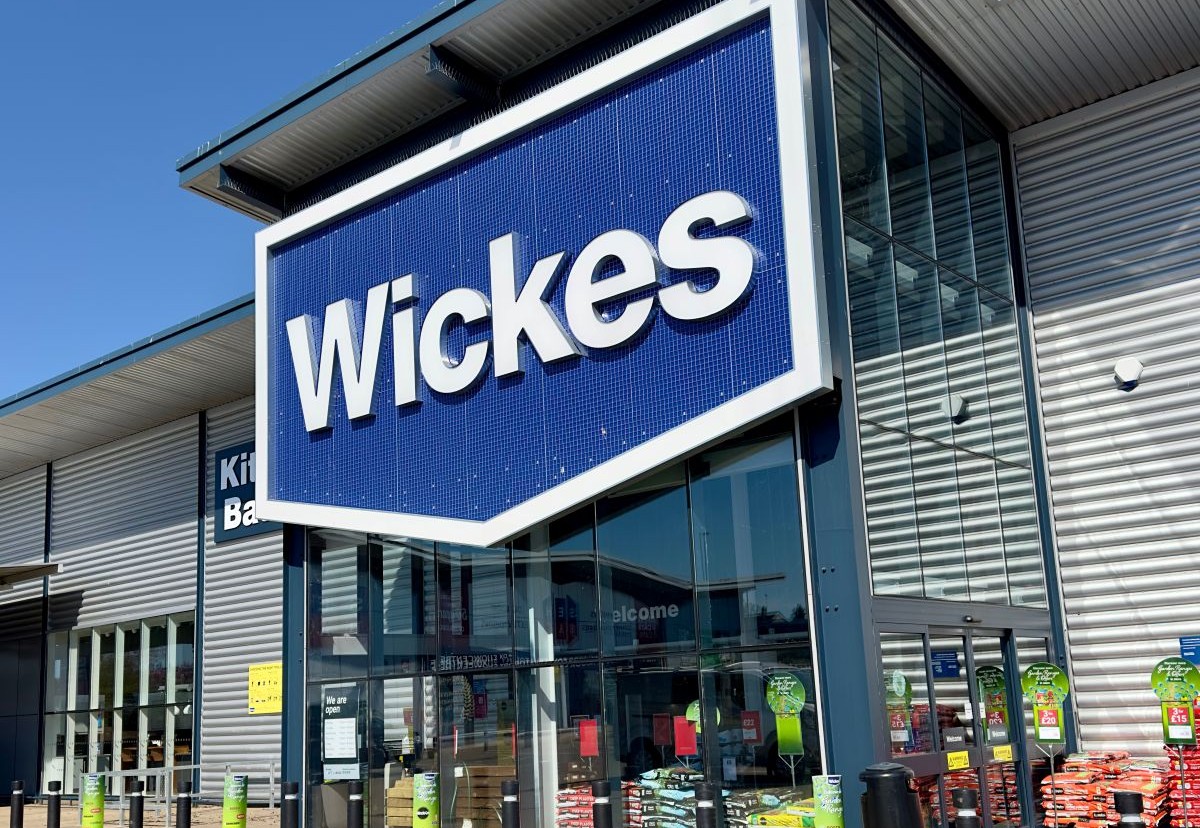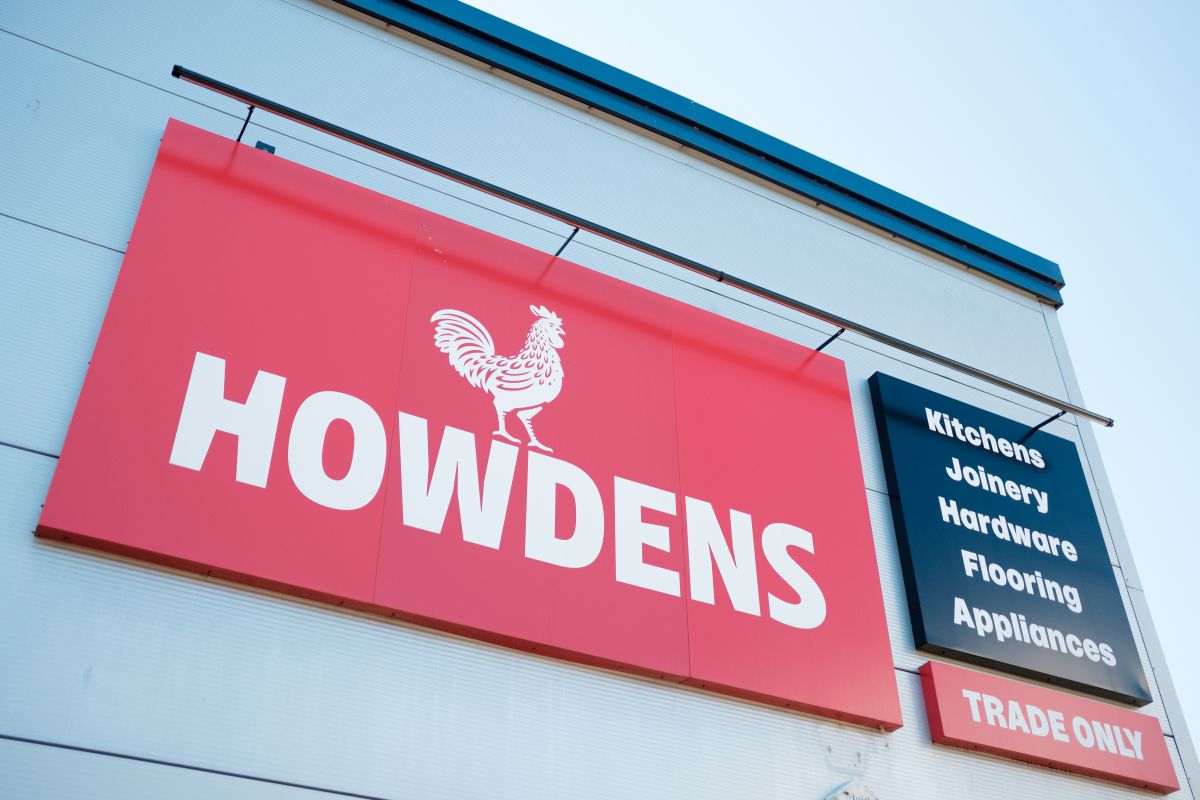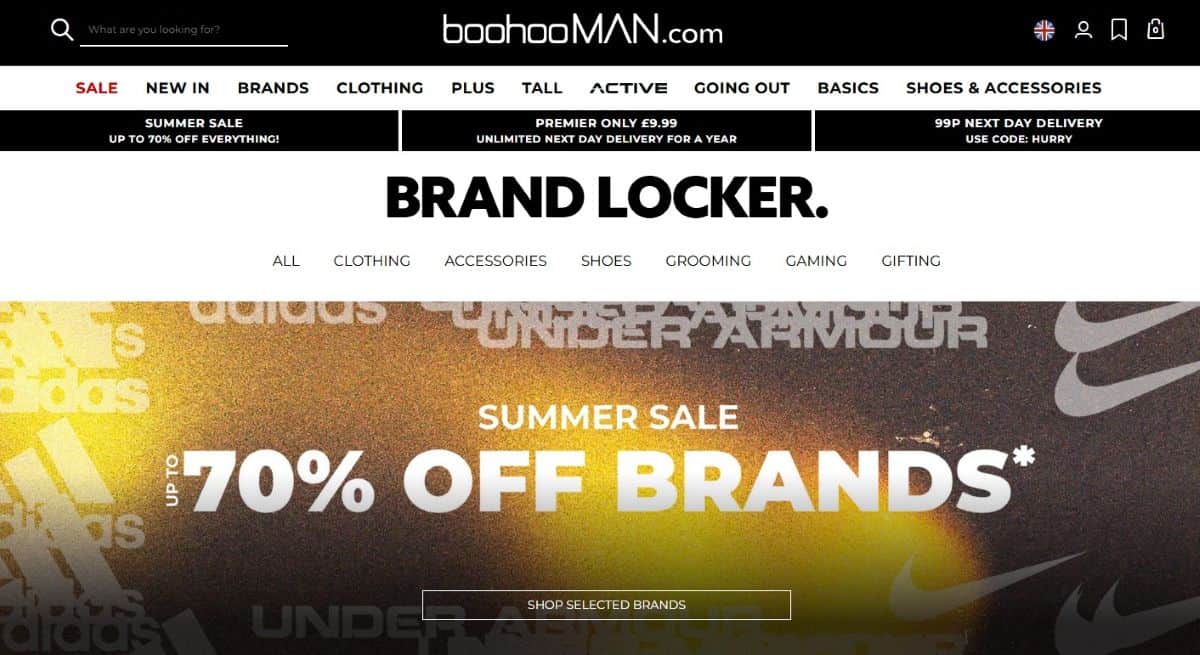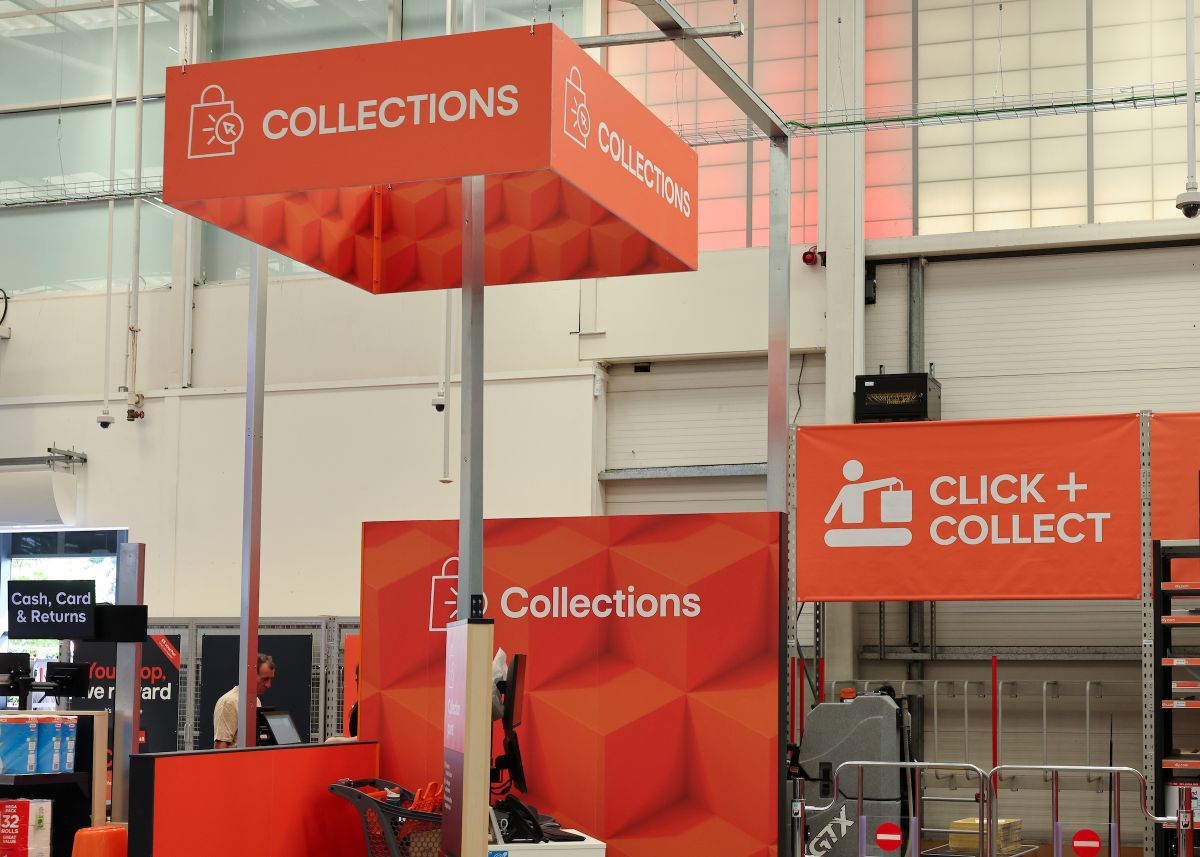Loyalty programmes are booming, with 64% of UK shoppers turning to them to combat the rising economic uncertainty in their daily lives – a figure set to continue to grow as the Bank of England reports an unexpected surge in inflation this week to 3.5%. It is also a potential boon to retail media networks as it increases the volume of first-party data that they have, writes Elizabeth Streeter.
According to research from LoyaltyLion this growth in loyalty scheme use is driven by younger consumers predominantly using an ‘advantage scheme’ of some kind, with 71% of Gen Z saying they are more likely to join these programmes than 12 months ago.
This need for an economic safety net is explained by analysts in the GfK Consumer Confidence Index as being triggered by the rising fear over inflation within the UK accompanied by the rise in petrol prices worsened by tensions across the world. This has caused UK shoppers to search for reduced pricing wherever possible on daily essentials as well as luxury items.
In fact, so valued are the benefits of loyalty schemes that shoppers are more willing than ever to part with something in the short term in return for the longer-term rewards they see with the schemes.
According to LoyaltyLion’s survey, 78% are willing to complete a quiz or profile in exchange for loyalty points, showing they’re ready to share data if it helps them save money or get more out of their purchases. A third (32%) would even pay to enrol in a programme – an average of £14.56 no less – rising to a huge 70% of Gen Z.
Putting the Boots in
This surge in use of loyalty programmes is exemplified by Boots Advantage Card, which has more than 17 million members – a quarter of all UK consumers – and used by 48% of women, according to separate research by fashion network.
Purchases using the Boots rewards system are generally evenly split between those purchasing daily essentials such as tissues alongside those saving up points for luxury items. According to fashion network the most common luxury item brought using the Boots loyalty card was Dior Sauvage 60ml, suggesting that loyalty systems are giving people more access to the formerly unaffordable premium items on the shelves as well as helping them out in hard times.
This usage becomes most prominent around peak as they look to treat themselves, or loved ones, for a reduced price. This implies that due to the current economic situation money may be tighter around the holidays especially with the expectation of increased purchases.
Beyond Boots customers, many UK shoppers looking for financial security during these uncertain times are prioritising shopping with brands who have loyalty programmes. Tesco has successfully leveraged its own loyalty programme – Tesco Clubcard – to ensure customer retention.
A boost to retail media?
Using the vast amount of customer data accrued through its loyalty scheme has allowed Tesco – and all other loyalty programme operators – to create more effective retail media strategies, generating additional revenue from ads, as well as encouraging repeat purchases through targeted use of personalised vouchers and coupons, says research from Open Loyalty. This fillip for retail media is also a much-needed revenue stream for retailers who are also increasingly impacted by lower consumer spending caused by the downturn.
Yet personalisation is still not a given from many retailers. Just 59% of UK shoppers feel loyalty programmes actually deliver personalised experiences, while only 55% feel loyalty emails are tailored to them. For brands, that’s a missed opportunity to create meaningful connections and deliver the personalised value shoppers are craving right now, says LoyaltyLion’s report.
Consistency is key
Then there is the question of keeping those customers loyal. Typically, once a brand has gained a loyalty member, they need to remain a customer. Personalised offers may be key to enticing the customer in initially, but ‘loyalty consistency’ is now equally important, says the study. This is often dependent on ease of experience across all channels and this is what keeps them coming back for more.
According to the LoyaltyLion study, 74% of UK shoppers say a consistent loyalty experience online and in-store is important to them, while 69% value being able to access loyalty programmes on their mobile.
As a result, the study says, loyalty programmes should be founded on improving customer experience, while brands should move towards improving customer experience through increasing personalised rewards.
Statistics show that within the UK, shoppers are more than willing to sign up to a loyalty programme so long as it proves lucrative in the future – especially with financial rewards helping to ease the strain around the holidays. The cost-of-living crisis is the perfect time for brands to improve loyalty programmes as people are eager and desperate for the aid in this economy.
Charlie Casey, CEO of LoyaltyLion, says: “This research shows that loyalty is about more than discounts. In uncertain times, shoppers are looking for value and security. Brands that treat loyalty as a relationship rather than a transaction will stand out. Consumers want to feel part of a brand’s journey. Get it right and they’ll keep coming back, spend more, and advocate for you. It’s about creating a space where customers feel understood, valued, and excited to return.”
